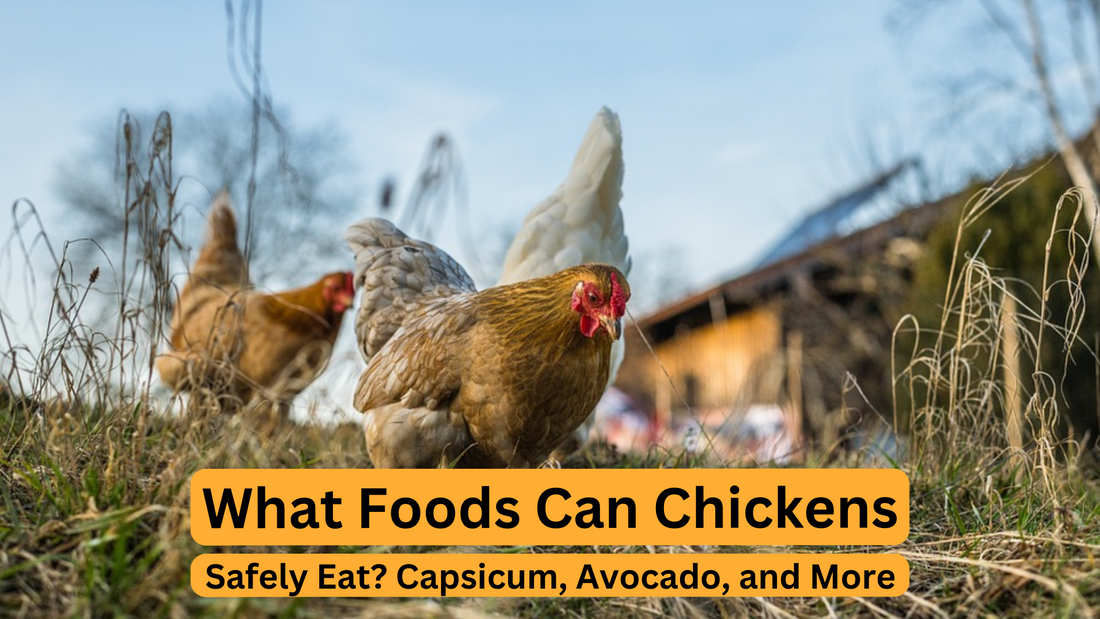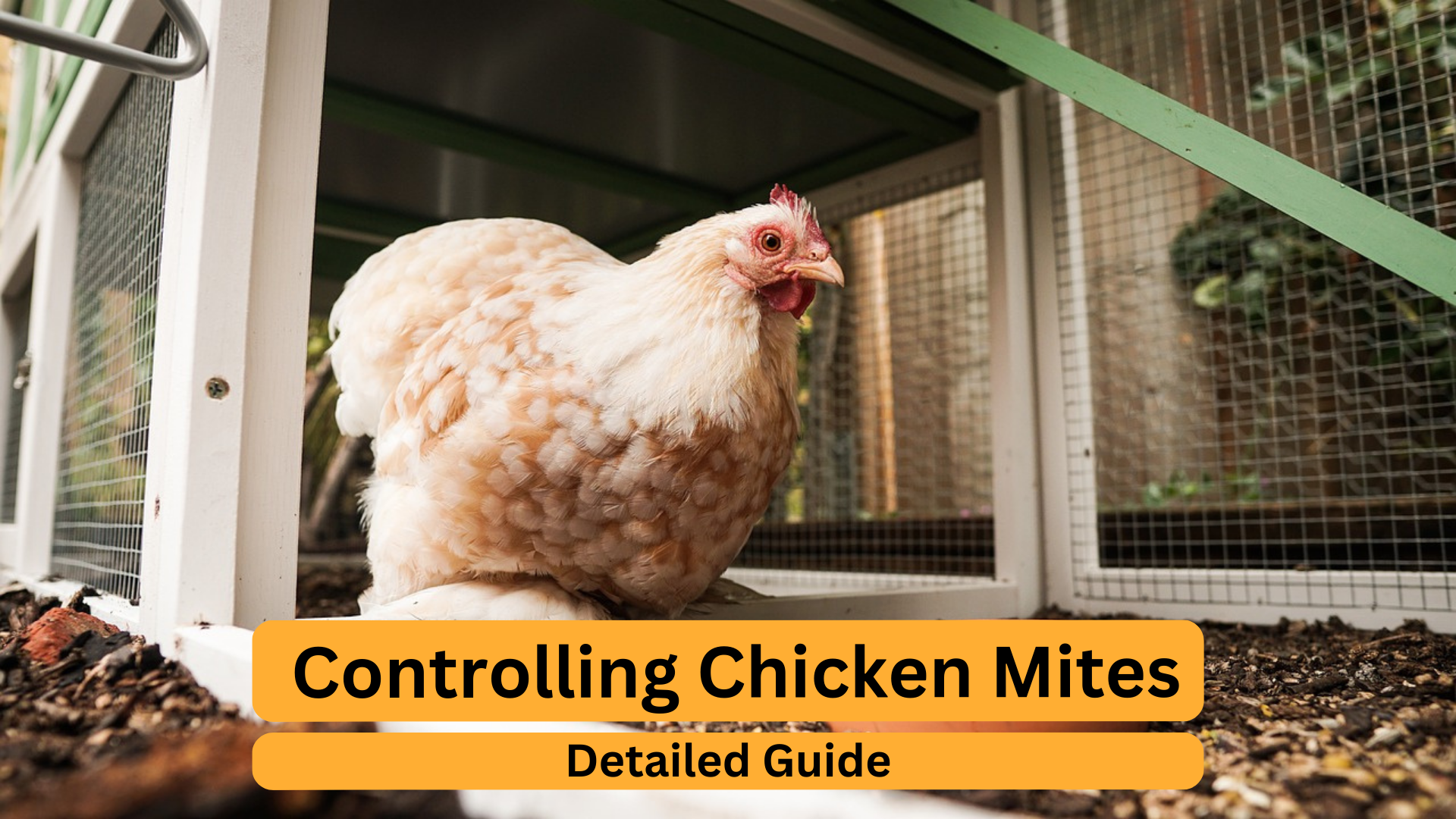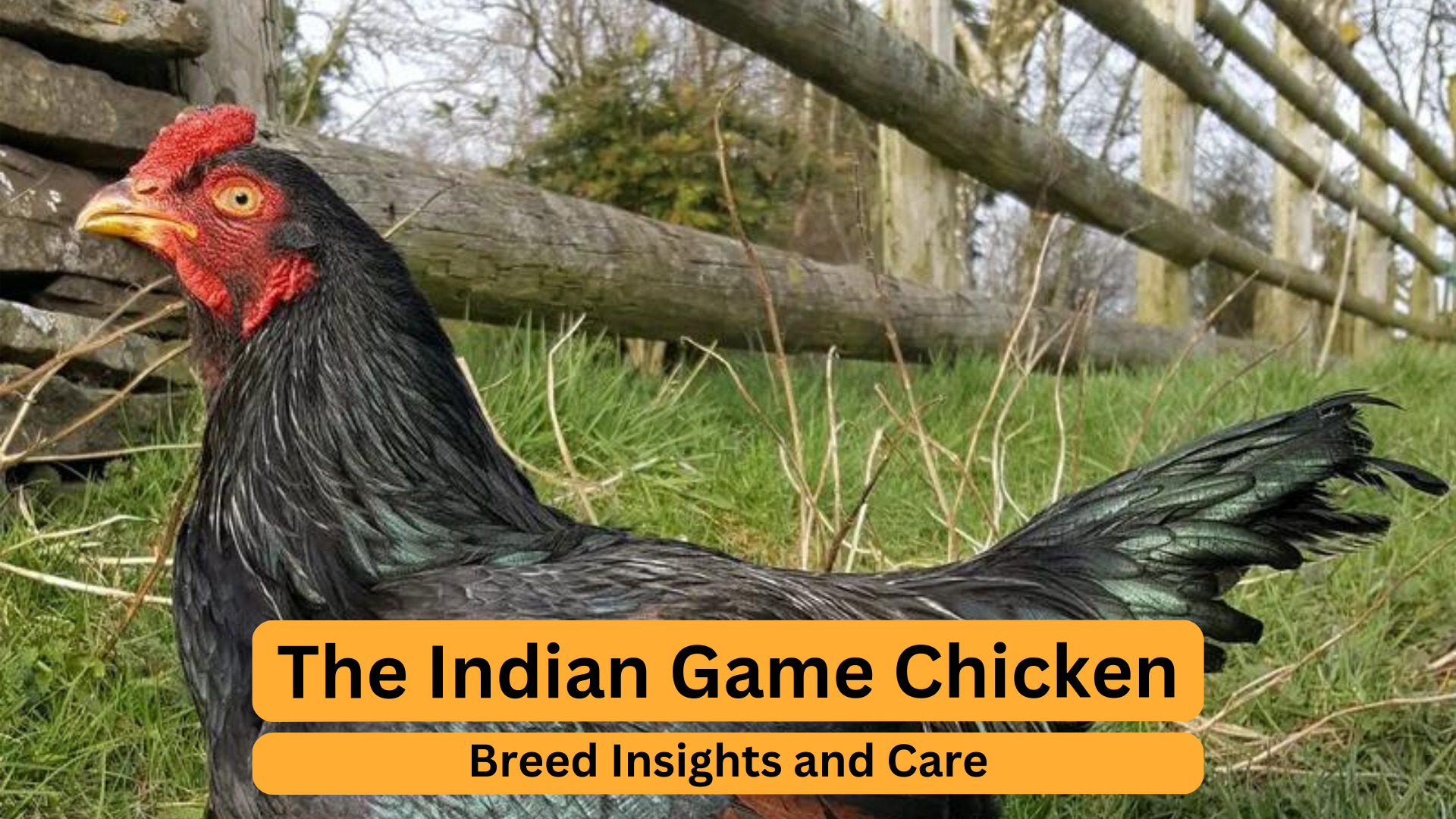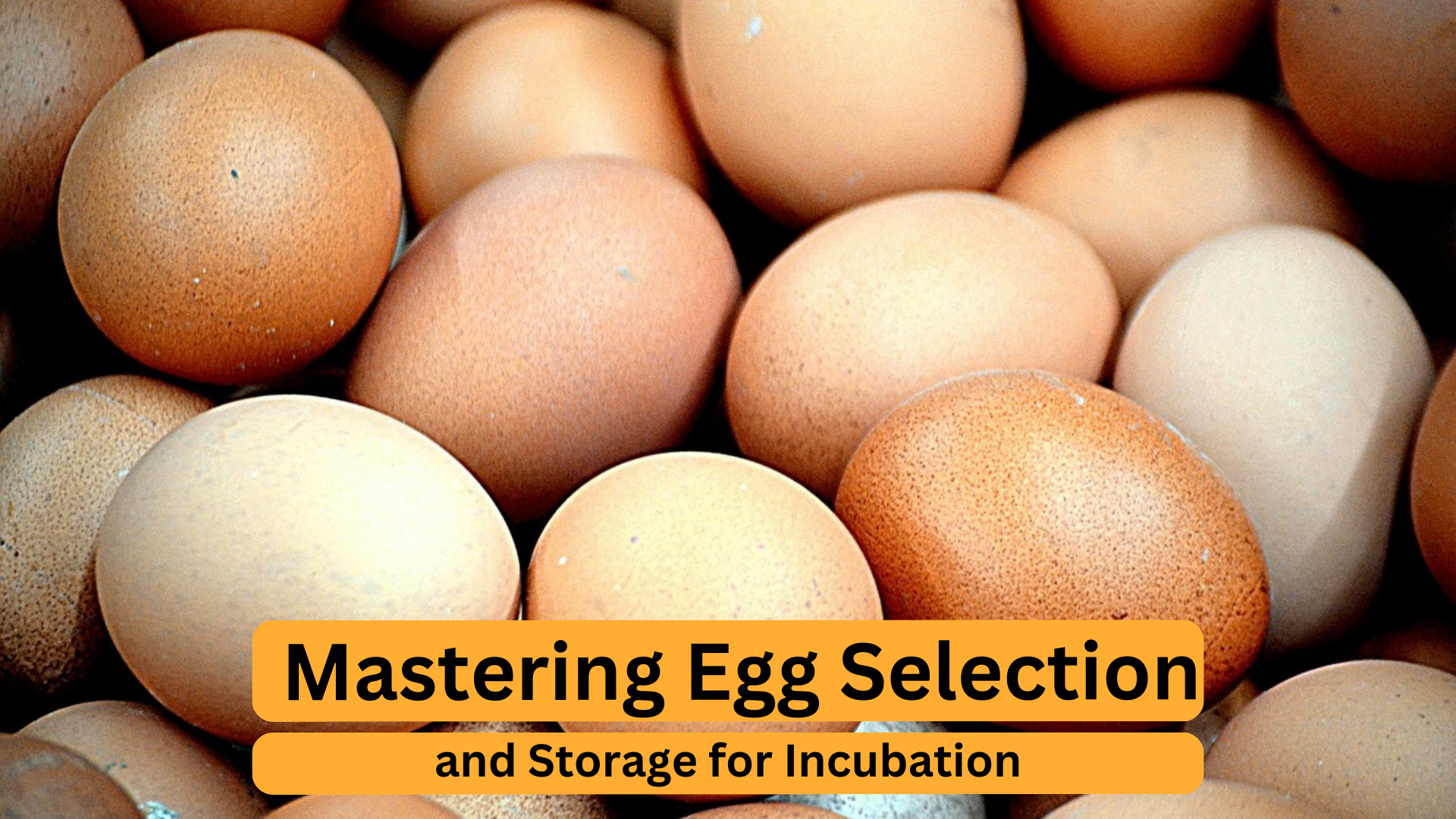Understanding Safe and Healthy Foods for Chickens
Welcome to our focused guide on chicken diets, where we explore the roles of capsicum and avocado. Understanding what chickens eat is key to their health and egg production. While capsicum is known for its nutritional value, avocado is a popular yet controversial choice due to potential risks.
Our aim is to clear up misconceptions and provide safe feeding practices. We'll delve into whether these foods are beneficial or harmful to your chickens, equipping you with the knowledge for a well-balanced and safe diet for your flock. Let’s uncover the truths and myths about feeding capsicum and avocado to chickens.
Tomatoes in Your Chicken's Diet: Safe or Not?
Yes, chickens can eat tomatoes. They are a healthy fruit that chickens can eat, but should be provided in moderation. Tomatoes are a rich source of vitamin C, vitamin K, potassium, and other essential vitamins and minerals to support chickens' health and well-being.
Preparing Tomatoes for Your Flock
Chickens can be fed tomatoes raw or cooked and can cosume it sliced, diced and or whole (cherry). However, it is important to remember that tomatoes should not be their primary source of nutrition. A varied diet of chicken feed, vegetables, fruits, and other supplements is essential for a healthy and happy flock.
Recognising the Toxic Parts of a Tomato Plant
Green tomato plant parts, such as the leaves and stem, should be avoided because they may be toxic to chickens.
Furthermore, it is critical to feed tomatoes in moderation as otherwise it may cause an unbalanced diet, digestive issues, and other health problems. Tomatoes should be fed in conservingly and ideally be no more than 10% of their total diet.
To summarise, tomatoes can be fed as part of a varied and balanced chicken diet. Tomatoes provide essential vitamins and minerals to chickens in the form of a tasty, nutritious treat. However, feed them sparingly and keep them away from the green parts of any tomato plant. A well-balanced diet rich in a variety of foods is essential for a happy and healthy flock.

Can Chickens Eat Capsicum?
Bell peppers, also known as capsicum, are a safe and nutritious vegetable that can be incorporated into your flocks diet.
Capsicum Nutritional Benefits for Poultry
Capsicum is high in vitamins C and A, as well as other essential vitamins and minerals. It can help strengthen a chicken's immune system, digestive system, and overall health. Capsicum can be provided to chickens raw, cooked, or roasted. However, it's important to remember, that they shouldn't eat capsicum as their primary source of nutrition. A balanced diet of chicken feed, fruits, vegetables, and other supplements is essential for a healthy and content flock.
How to Safely Feed Capsicum to Your Chickens
Capsicum should be cut into small pieces to make it easier for chickens to consume. It is also recommended that the seeds and stem be removed because they may be difficult for chickens to digest.
Portion Control: Moderation in Feeding Capsicum
Although chickens can safely consume capsicum, it is critical not to overfeed them with it or any other vegetable. When it comes to chicken treats, moderation is key.
Overall, giving chickens capsicum is a great and safe way to provide your flock with a nutritious and healthy treat.

Feeding Avocados to Chickens: Is It Safe?
Many people enjoy the flavourful and nutritious fruit known as avocado. The presence of persin, a toxin that can be harmful to chickens and other animals, is one of the reasons why chickens should avoid eating avocado. Although the skin, leaves, and pit of the avocado contain more persin than the flesh of the fruit, it is best to avoid feeding avocado to chickens.
Avocado and Chickens: A Nutritional Perspective
In chickens, consuming persin can cause heart damage, respiratory distress, and even death. The amount of persin consumed, as well as the size and condition of the chicken, all influence the severity of the symptoms. While some chickens may only have minor symptoms such as vomiting or diarrhoea, others may have more serious problems that lead to veterinary care.
Persin in Avocado: Risks for Chickens Explained
In addition to the potential toxicity of persin, avocados are high in fat. A high-fat diet can make chickens gain weight and have digestive issues when fed in large quantities. Chickens need a balanced diet with sufficient amounts of protein, vitamins, and minerals to stay healthy.
To conclude, the high fat content and potential toxicity of persin make it best to avoid feeding avocado to chickens. To keep your chickens healthy and content, make sure to feed them a balanced diet that includes poultry feed, fresh water, and natural food sources like grass and bugs.

In conclusion, when it comes to the dietary health of your chickens, knowledge is key. This guide has explored the safety and nutritional aspects of various foods, notably capsicum and avocado, as part of your flock's diet. While capsicum can be a healthy addition when served correctly, avocados, due to their persin content, present more risks and should be approached with caution or avoided.
We hope this guide has provided you with valuable insights into how to diversify your chickens' diet safely and nutritiously. Remember, the key to a healthy flock lies not only in what they eat but also in how these foods are prepared and served. As always, moderation and variety are essential. By understanding the specific needs and limitations of your chickens’ diet, you can ensure their health, happiness, and productivity for years to come.
For more information and detailed insights on chicken diets, you can visit the nesty blogs!









